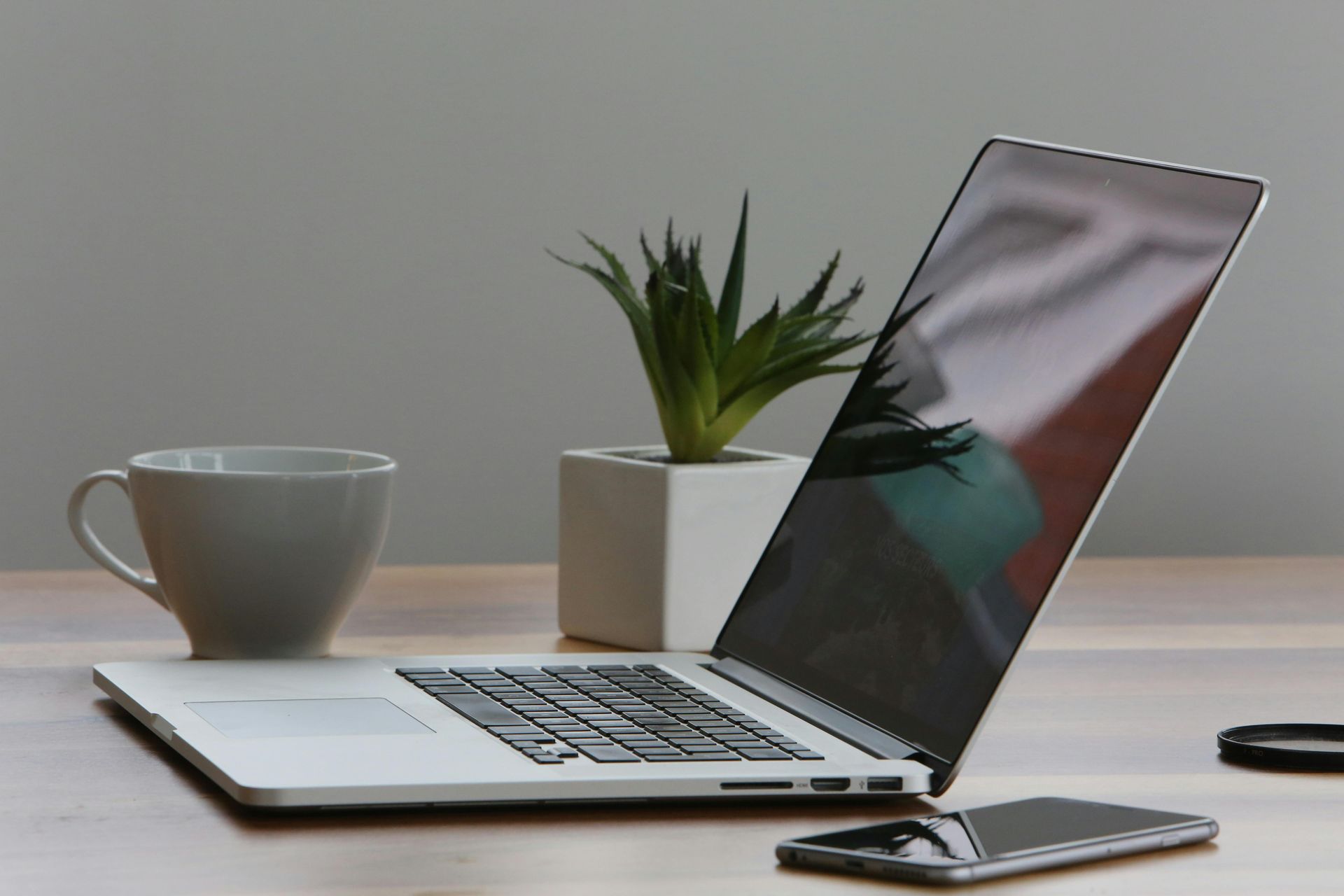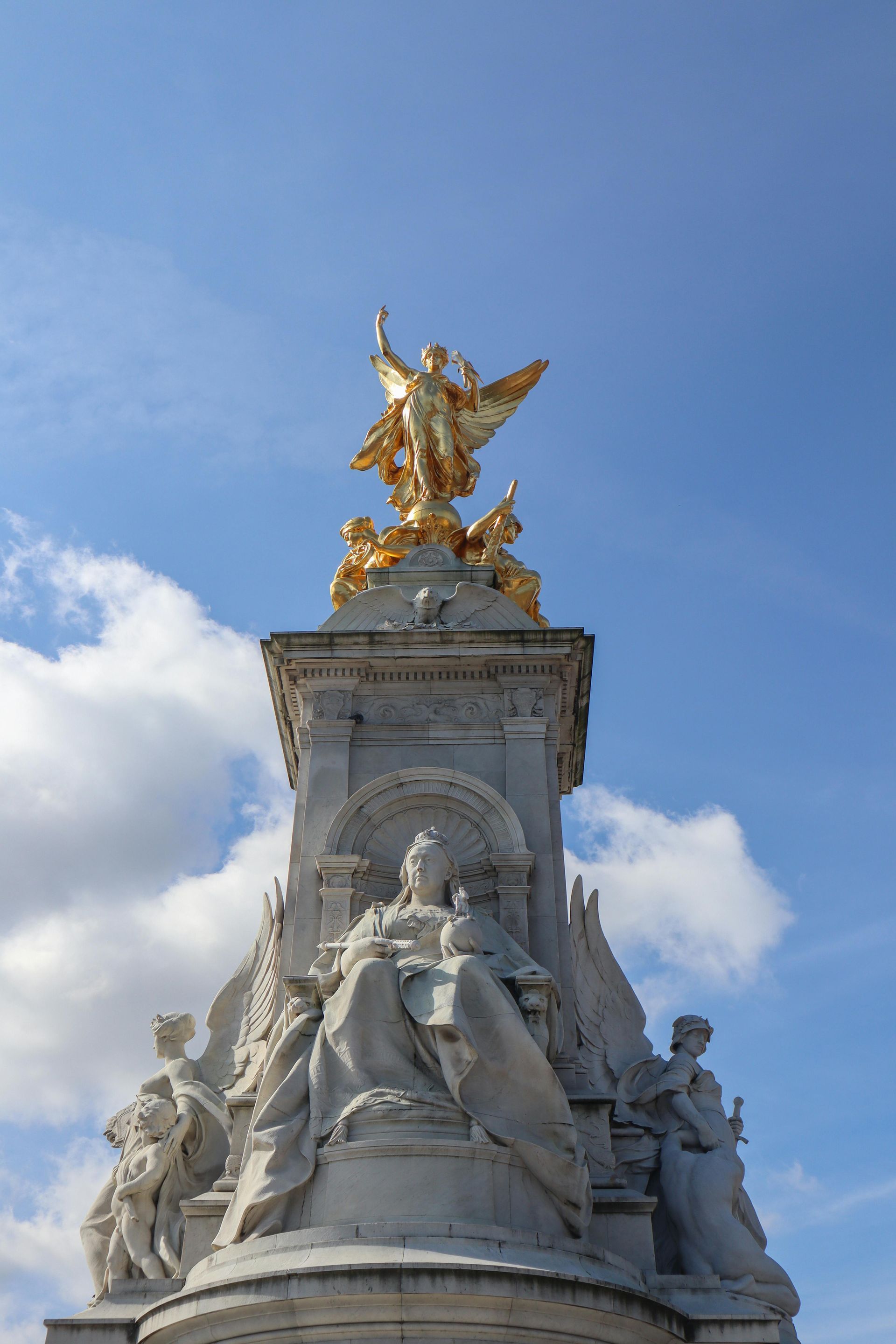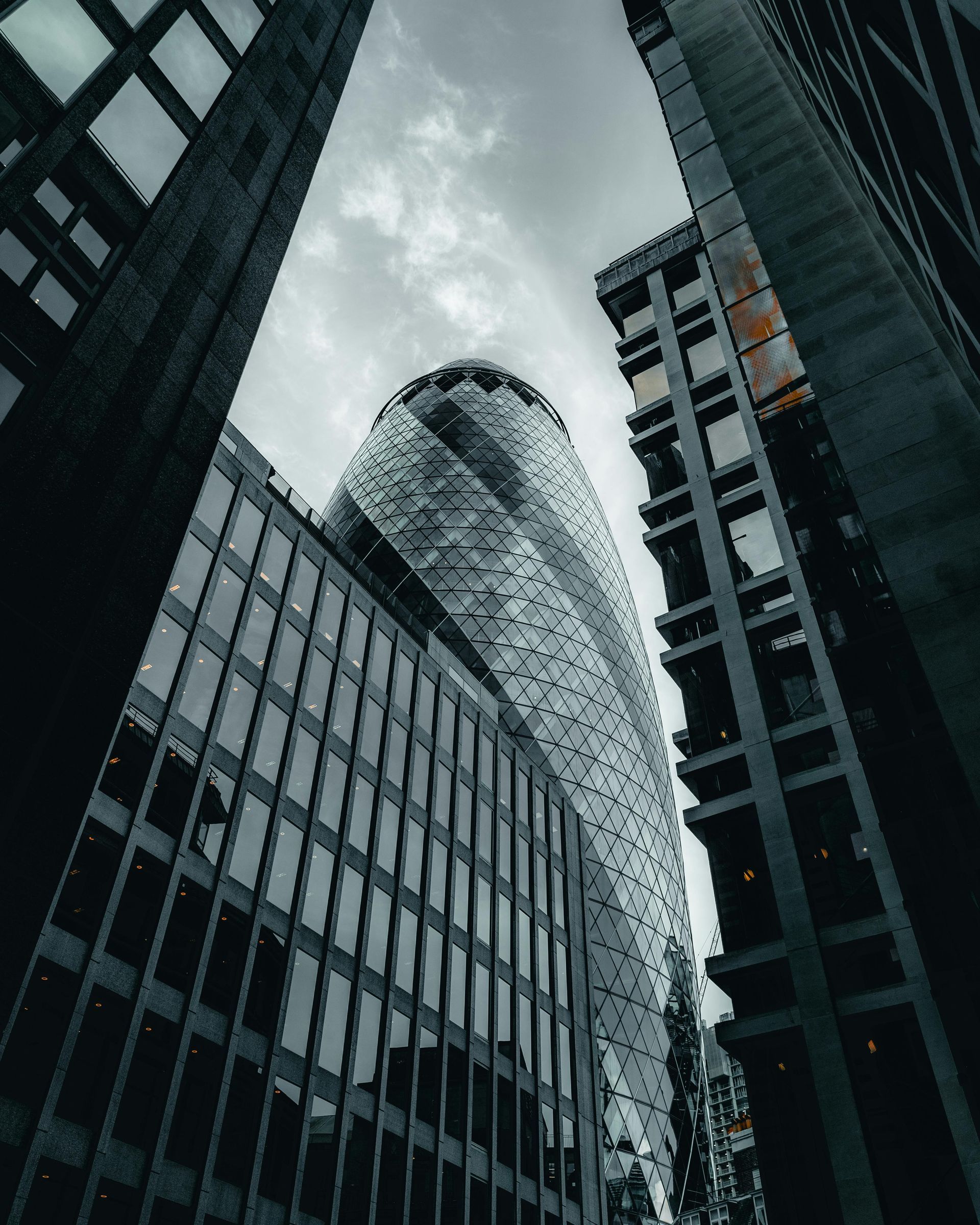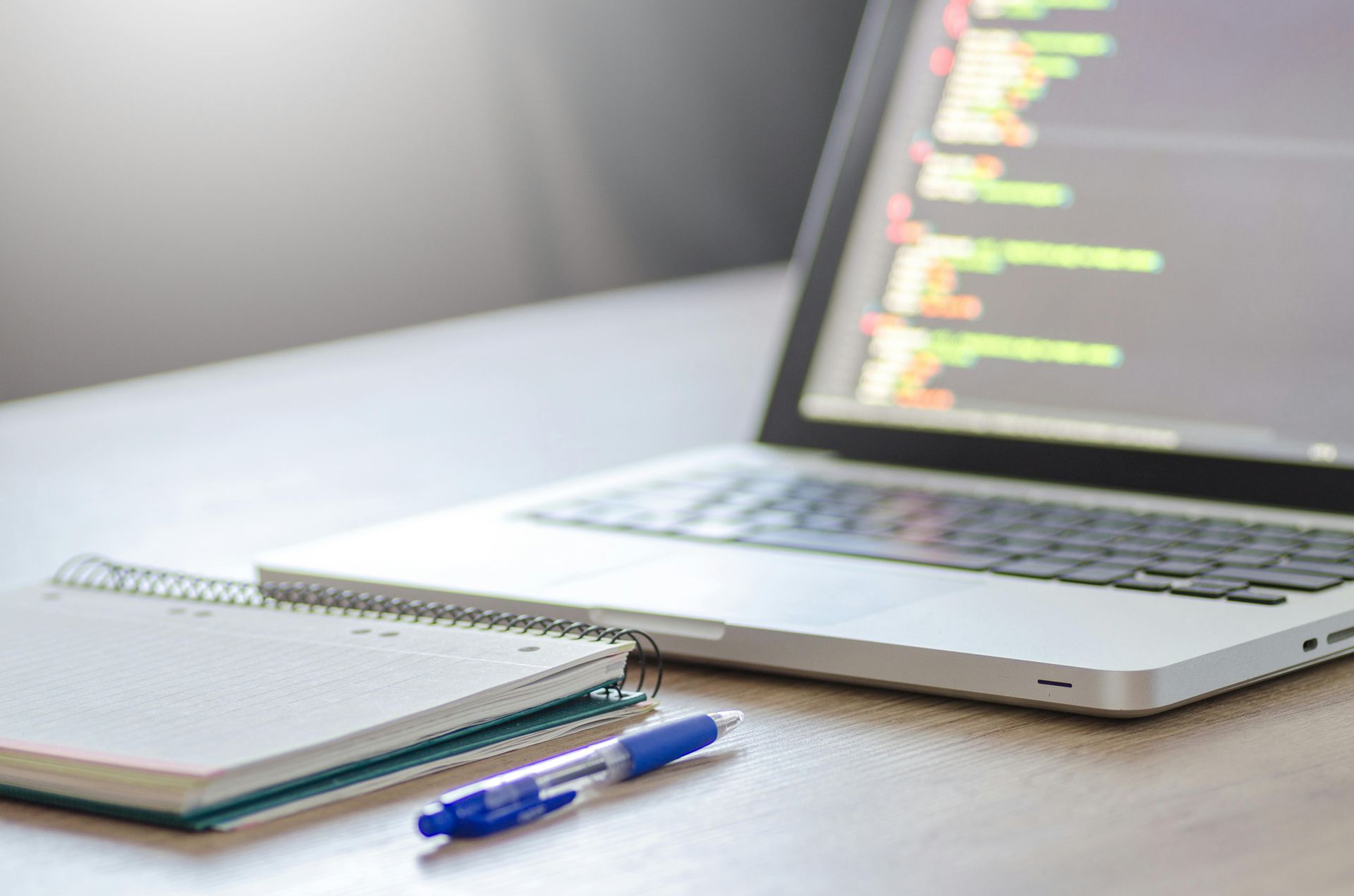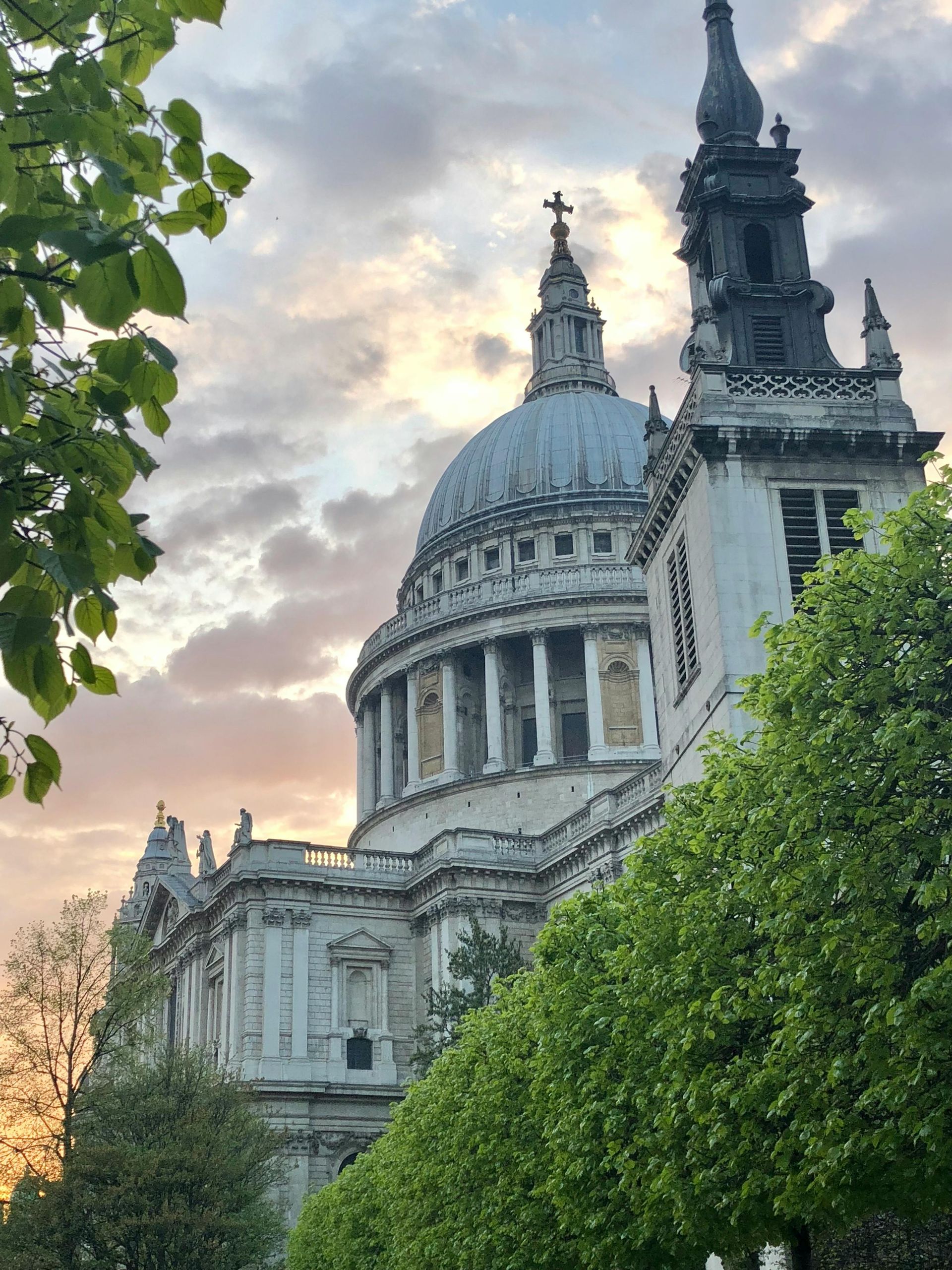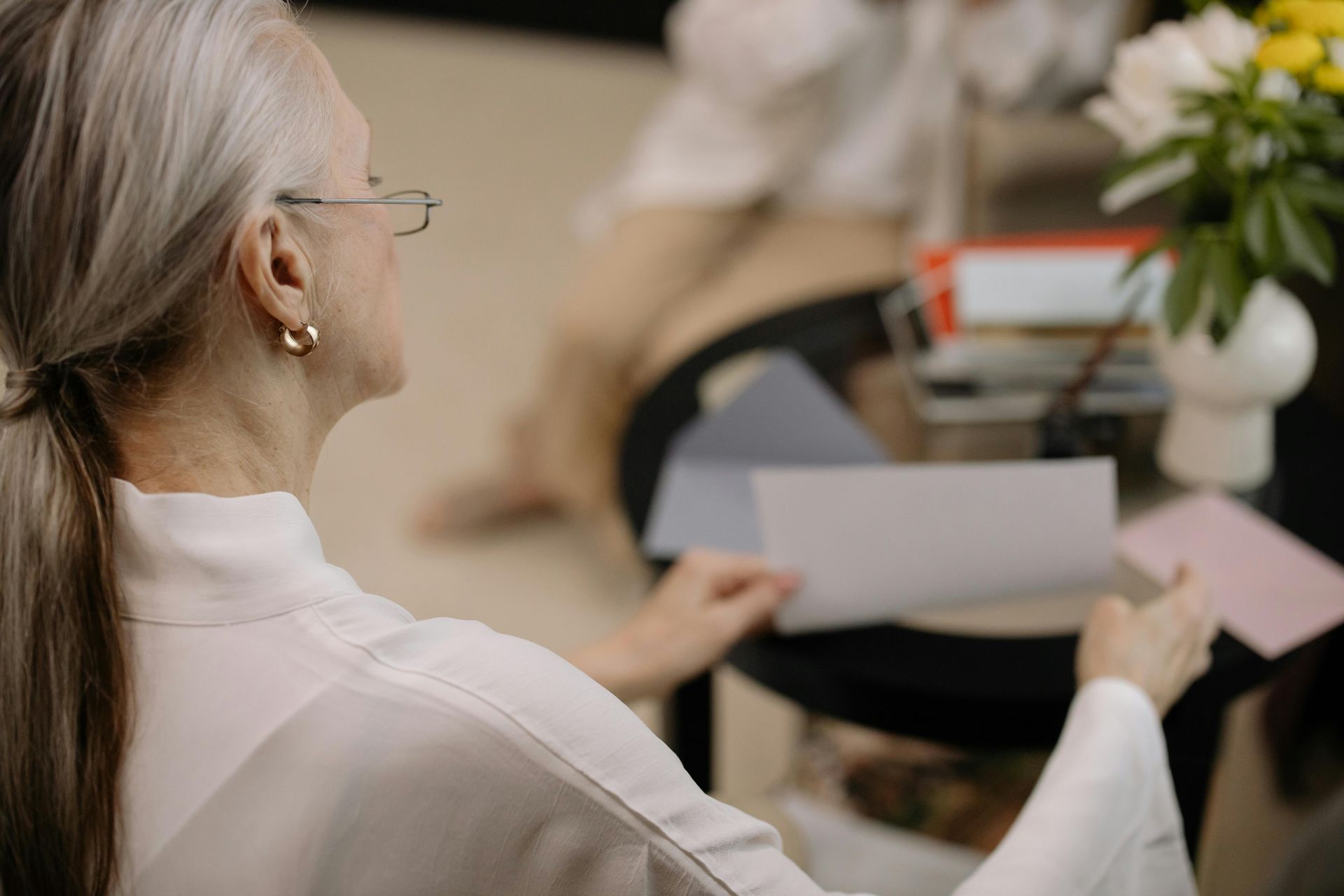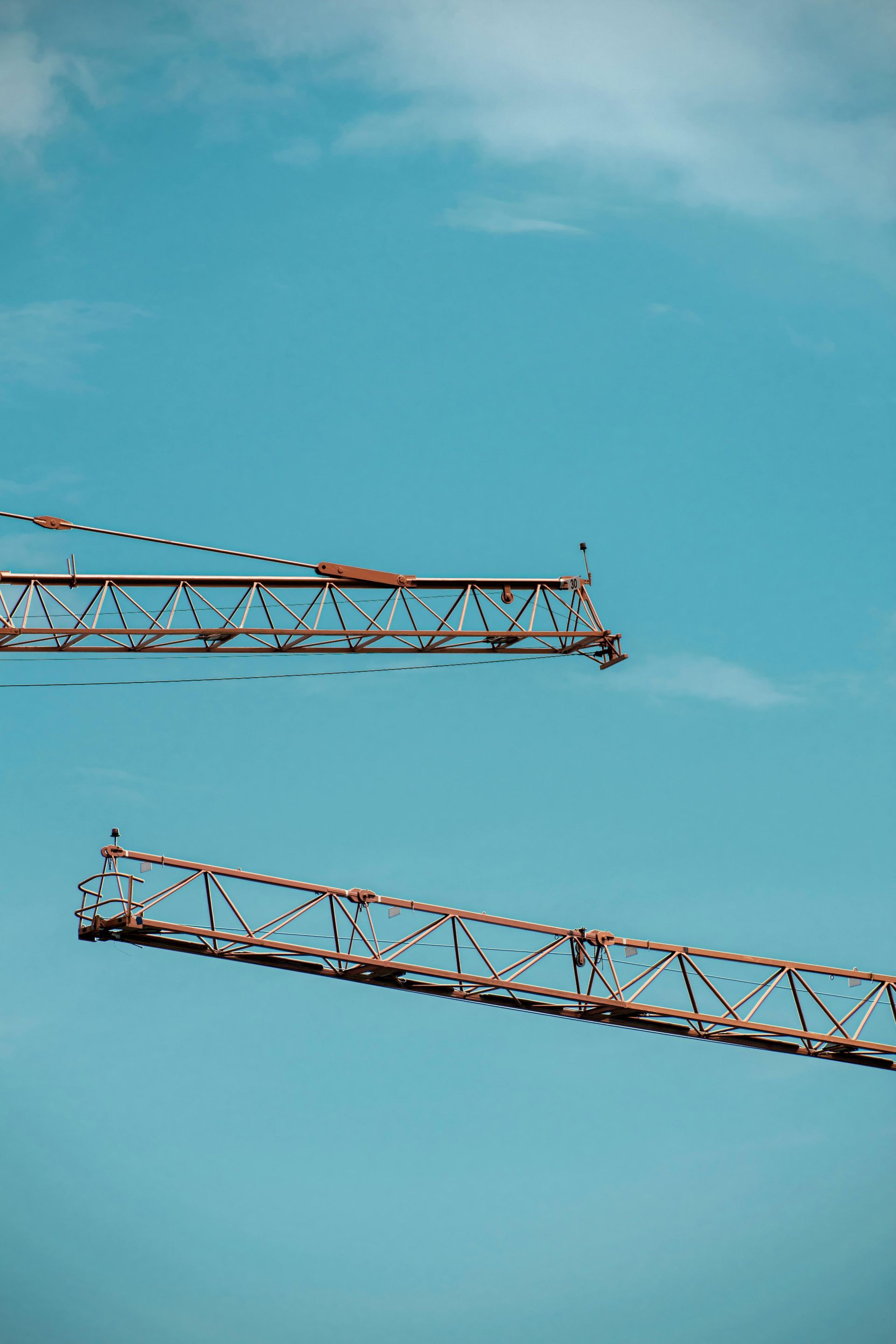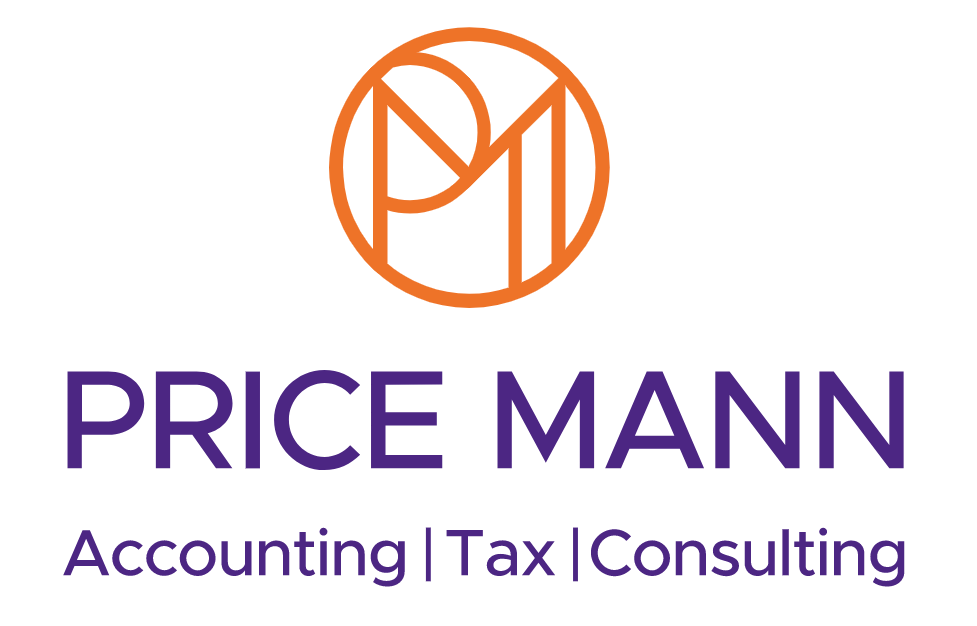Food & drink expenses
Food and drink expenses
When is it subsistence, entertainment or just not allowable?
Puzzling over whether that quick lunch or client dinner can be claimed on your tax return? If so, you´re not alone. This is something that a lot of business owners struggle with. Why? Because the rules around food and drink expenses are anything but straightforward.
While it can be complicated, it is still essential to know the differences between subsistence, entertainment, and outright non-allowable costs. So that´s the aim of this blog. Here we help you suss out these categories to ensure you're claiming wisely.
Subsistence Expenses
Subsistence expenses cover the cost of meals and drinks while performing business tasks. These are the essential eats when you're working off-site, not client entertainment.
To be claimable, these expenses must be necessary for your
work. For example, lunches during off-site meetings or meals while on business
trips qualify, and both self-employed individuals and company directors can
claim these costs when working away from their regular base.
However, there is a limit to what counts! Extravagance won't
fly with HMRC. Stick to modest spending, save your receipts, and you'll stay on
the right side of tax rules.
Entertainment Expenses
Entertainment expenses are tricky. Treating clients to dinner won't get tax relief, but staff meals might (with caps and conditions). Remember, VAT can't be reclaimed on client entertainment, but staff parties could be eligible, up to the annual allowance per employee.
In essence, for tax purposes, employee entertainment is
often claimable; client hospitality isn't. Be mindful of the purpose and the
attendees to ensure your expenses align with tax rules.
Non-allowable
Expenses
Non-allowable expenses simply won't qualify for tax deductions. This includes costs like personal gym memberships or casual team meals. They're non-allowable because they're not exclusively for business, so claiming them will mean you´re at risk of penalties or an audit. Bottom line? Claim clear-cut business expenses only and if there's any doubt, leave it out.
Quick tips when it comes to expenses
If you want to stay in HMRC´s good books, here are some tips to help you do so:
· Have a clear expense policy - to guide your team on what´s reimbursable and what's not.
·
Save every
receipt and note the details - this should be a best practice in your business. Organise
your receipts and keep accurate records - this makes it so much easier to
justify expenses later.
·
Leverage
technology to streamline the process - modern accounting software
categorises and tracks expenses effortlessly, some even handling receipt
scanning. This tech can simplify expense management, ensuring compliance and
saving you from tax-time headaches.
Remember these basics
We've chewed over food and drink expenses, and it boils down to the why and where. For work essentials, subsistence expenses are fine. Entertainment? Only staff events might make the cut for claims, not client meals. And steer clear of non-allowables to avoid trouble with HMRC.
While we´ve given you the basic breakdown of buying food and drink, it´s good practice to seek advice from a tax professional.
For peace of mind, double-check with HMRC's guidelines or get in touch

